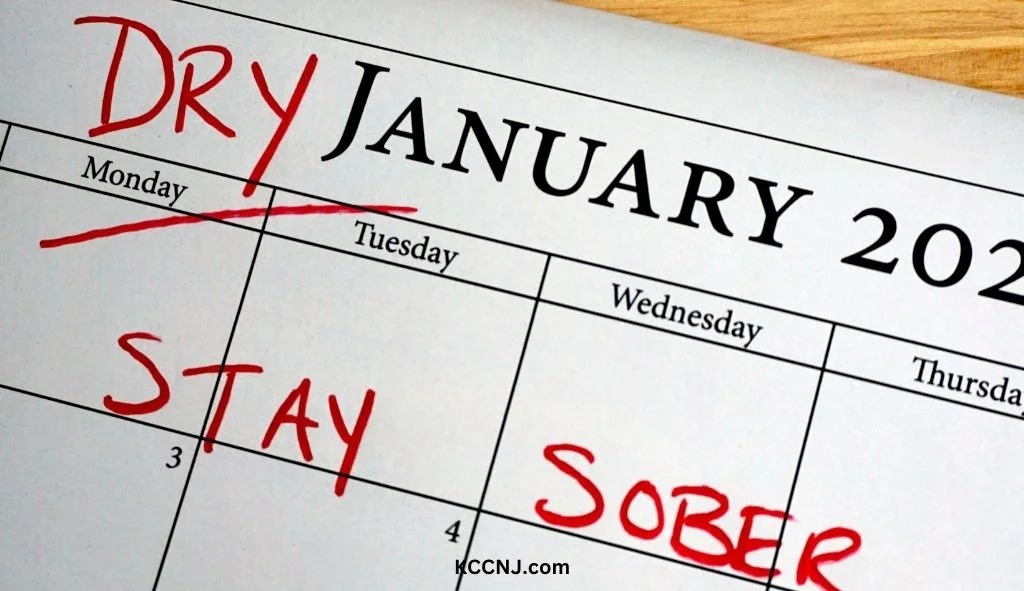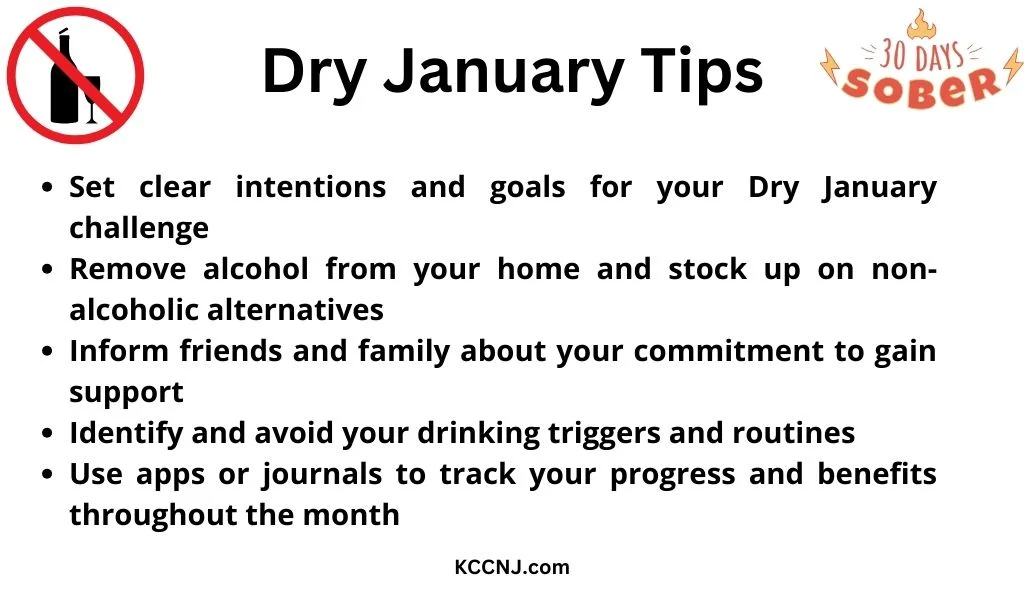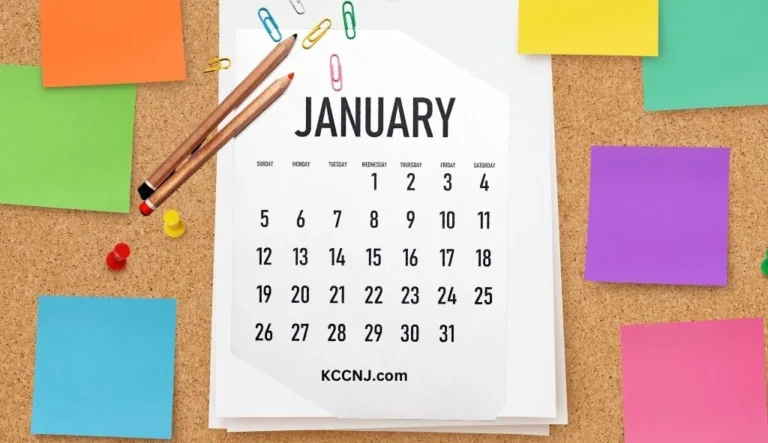120 Practical Tips for a Successful Dry January Challenge
Dry January is a month-long challenge to abstain from alcohol, offering health benefits and an opportunity to reassess drinking habits. Here are 120 practical tips to successfully navigate Dry January:
Preparation
- Set clear, specific goals for your Dry January
- Write down your reasons for participating
- Remove all alcohol from your home
- Stock up on non-alcoholic alternatives
- Inform friends and family about your commitment
- Find an accountability partner or join a support group
- Download the Try Dry app to track your progress
- Plan alcohol-free activities for the month
- Identify potential triggers and plan how to avoid them
- Create a vision board representing your Dry January goals
Strategies for Success
- Start each day with a positive affirmation about your choice
- Keep a journal to track your feelings and progress
- Practice saying “no” to drink offers in advance
- Bring non-alcoholic drinks to social events
- Avoid places where alcohol is prominently featured
- Replace drinking time with a new hobby or skill
- Establish a consistent sleep schedule
- Create a morning routine to set a positive tone for the day
- Develop an evening wind-down routine to replace drinking
- Use meditation or mindfulness apps to manage stress
Managing Cravings
- Identify your specific drinking triggers
- Practice deep breathing exercises when cravings hit
- Use distraction techniques, like going for a walk
- Call a supportive friend when tempted to drink
- Keep a list of reasons for participating in Dry January handy
- Drink a glass of water when you feel a craving
- Eat a healthy snack to curb alcohol cravings
- Engage in physical activity to release endorphins
- Try aromatherapy to relax without alcohol
- Use positive self-talk to reinforce your commitment
Non-Alcoholic Alternatives
- Experiment with mocktail recipes
- Try non-alcoholic beers or wines
- Explore different types of herbal teas
- Discover new flavored sparkling waters
- Create your own signature non-alcoholic drink
- Try kombucha as a complex, non-alcoholic alternative
- Experiment with shrubs (drinking vinegars) in sparkling water
- Make infused waters with fresh fruits and herbs
- Try non-alcoholic spirits in classic cocktail recipes
- Explore artisanal sodas as a special treat
Physical and Mental Well-being
- Increase your intake of fruits and vegetables
- Stay hydrated by drinking plenty of water
- Incorporate lean proteins into your meals
- Choose complex carbohydrates for sustained energy
- Limit processed foods and added sugars
- Set realistic exercise goals for the month
- Try different types of physical activities
- Join a fitness class or find an exercise buddy
- Use exercise as a way to manage stress and cravings
- Practice daily gratitude journaling
Social Situations
- Suggest alternative activities that don’t involve alcohol
- Offer to be the designated driver for social events
- Host alcohol-free gatherings at your home
- Attend cultural events or exhibitions instead of bars
- Join a sports league or club for social interaction
- Explore local attractions or events in your area
- Start a book club with friends
- Organize group hikes or outdoor activities
- Attend cooking classes or workshops
- Volunteer for a cause you care about

Tracking Progress and Celebrating Milestones
- Take before and after photos to visualize changes
- Monitor your sleep quality and duration
- Track improvements in skin appearance
- Note changes in your ability to focus or concentrate
- Celebrate weekly milestones with non-alcoholic rewards
- Share your successes with your support network
- Plan a special non-alcoholic treat for reaching the halfway point
- Keep track of money saved by not buying alcohol
- Notice and celebrate improvements in your mood and energy
- Plan a celebratory activity for completing the challenge
Overcoming Challenges
- If you slip up, don’t be too hard on yourself
- Reflect on what led to any slip-ups and learn from them
- Recommit to your goals after any setbacks
- Reach out to your support network for encouragement
- Use setbacks as motivation to strengthen your resolve
- Identify and address any underlying stress or emotions
- Consider professional counseling if challenges persist
- Attend a support group meeting if you’re struggling
- Read success stories from others who’ve completed Dry January
- Remind yourself that cravings are temporary and will pass
Long-term Planning
- Reflect on your overall Dry January experience
- Identify the most significant benefits you experienced
- Consider how your relationship with alcohol has changed
- Set specific, measurable goals for future alcohol consumption
- Plan strategies to maintain positive habits developed during Dry January
- Consider participating in other alcohol-free challenges throughout the year
- Develop a plan for handling social situations involving alcohol
- Create a list of alcohol-free activities you enjoyed to continue
- Establish a support system for maintaining healthier drinking habits
- Set regular check-ins with yourself to assess your relationship with alcohol
Additional Tips
- Listen to podcasts about alcohol-free living for inspiration
- Use a calendar to visually track your progress
- Prepare and freeze healthy meals to avoid impulsive choices
- Create a playlist of motivational songs for challenging moments
- Join online communities dedicated to Dry January
- Learn about the science behind alcohol’s effects on the body
- Practice mindful eating to become more aware of your body’s needs
- Create a “self-care emergency kit” for difficult moments
- Write a letter to your future self about your Dry January experience
- Plan an alcohol-free celebration for February 1st
Bonus Tips
- Try new recipes that don’t involve cooking with alcohol
- Explore alcohol-free travel destinations or plan a sober vacation
- Start a savings challenge with the money you’re not spending on alcohol
- Create a photo diary of your alcohol-free activities
- Learn a new language using the time you’d usually spend drinking
- Start a gratitude practice to focus on the positives in your life
- Try adult coloring books as a relaxing alternative to drinking
- Explore ASMR videos for relaxation instead of alcohol
- Start a home improvement project to keep your hands and mind busy
- Try different relaxation techniques like progressive muscle relaxation
- Explore new music genres to create fresh experiences without alcohol
- Start a blog or vlog to document your Dry January journey
- Try cold therapy or ice baths as an invigorating alternative
- Explore breathwork techniques for stress relief
- Start a puzzle or jigsaw challenge to occupy your evenings
- Try laughter yoga or watch comedy shows to boost your mood
- Explore different types of massage or self-massage techniques
- Start a daily affirmation practice to boost your confidence
- Try forest bathing or nature therapy as a calming activity
- Create a time capsule to open next Dry January, reflecting on your growth
By implementing these 120 tips, you can increase your chances of successfully completing Dry January and potentially develop healthier habits that extend beyond the month-long challenge.

Frequently Asked Questions
What is Dry January?
Dry January is a month-long challenge where participants abstain from alcohol for the entire month of January. It started as a public health campaign in the UK in 2013 and has since become a global phenomenon.
What are the benefits of participating in Dry January?
Participants often report several benefits, including:
- Better sleep quality
- Improved energy levels
- Weight loss
- Enhanced mental clarity
- Improved skin appearance
- Potential financial savings
Can I have any cheat days during Dry January?
The spirit of Dry January is complete abstinence from alcohol for the entire month. Having cheat days goes against the challenge’s purpose. It’s best to commit fully to experience the potential benefits.
What if I accidentally consume alcohol during Dry January?
If you accidentally slip up, don’t be too hard on yourself. The best approach is to continue with the challenge for the rest of the month. Use it as a learning experience and recommit to your goals.
Are non-alcoholic beverages allowed during Dry January?
Yes, non-alcoholic alternatives such as mocktails, non-alcoholic beers, and alcohol-free wines are allowed and can be helpful for those who miss the ritual of drinking.
How can I handle social situations during Dry January?
Inform friends and family about your participation in Dry January, suggest alcohol-free activities, or offer to be the designated driver. Having a non-alcoholic drink in hand can also help avoid constant offers of alcohol.
Is Dry January suitable for everyone?
While Dry January can be beneficial for many, it’s not recommended for those with alcohol dependence or who are daily heavy drinkers. These individuals should consult a healthcare professional before suddenly stopping alcohol consumption, as it can lead to severe withdrawal symptoms.
What happens after Dry January ends?
Many participants report drinking less even after the challenge ends. It’s a good idea to reflect on your experience and set long-term goals for a healthier relationship with alcohol beyond January.







